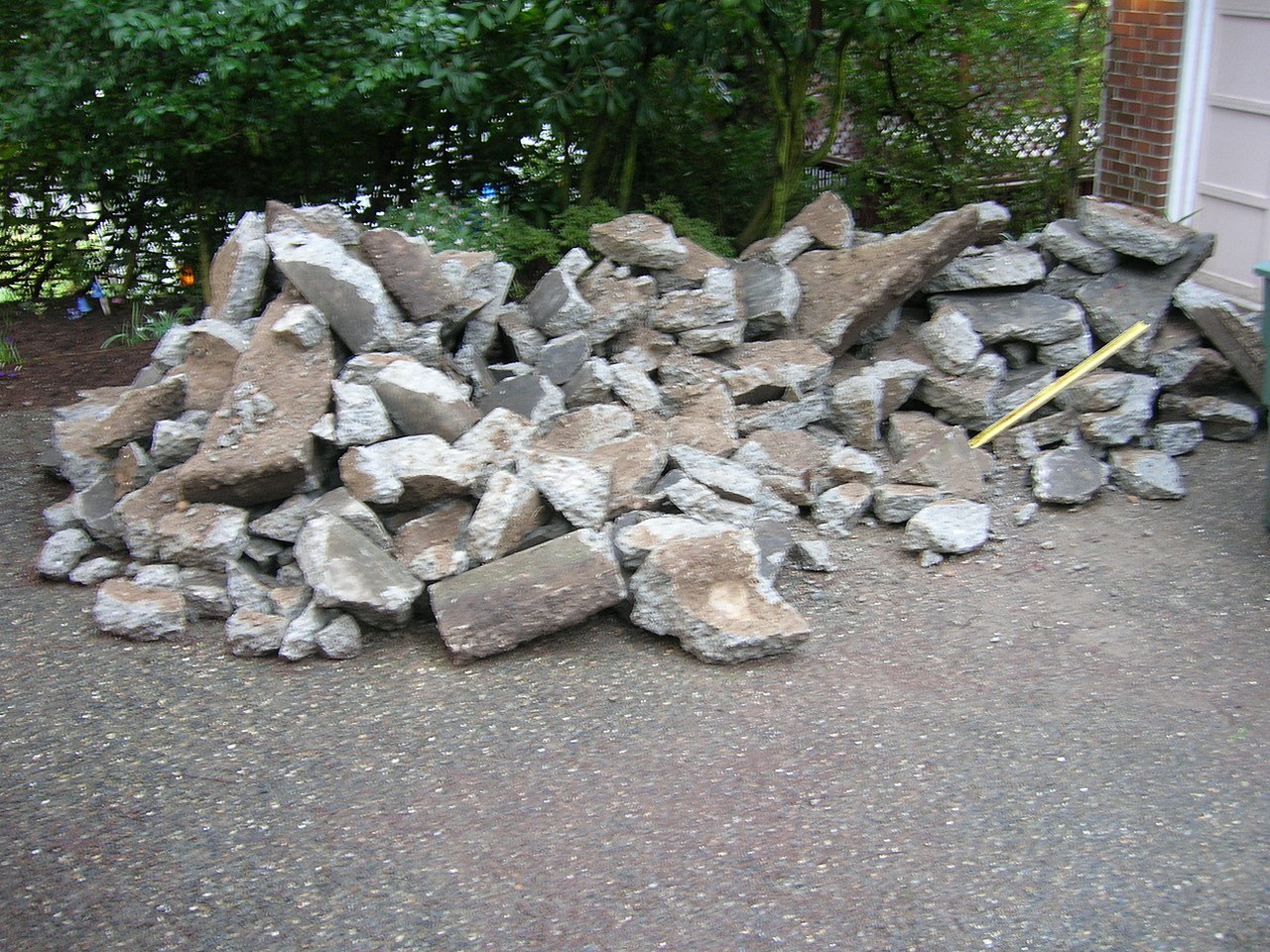When I mark essays, some types of comments come up repeatedly. I've written them down here. This lets me write down the best possible explanation once, instead of many times.
A note on style and marks
I will often correct your style, partly because I hate bad writing, and partly because one of the most important things you can learn is how to write well. Bad writing will not usually in itself give you lower marks: this is not an English course. But if bad writing is a sign of incoherent or vague ideas, then you will lose marks from that. Also, sometimes the writing is so bad that I literally do not know what the author is saying. See below,
what mean?
ACADEMESE
Don’t try to write like an academic. Academics are lousy writers. Students pretending to be academics are even worse. Write as if you were explaining something to a friend, in the clearest and simplest way possible.
BAD: The work of X can keep such criticism at bay
BETTER: X’s work shows this criticism is wrong
BAD: Mill puts forth the notion of “…”
BETTER: Mill says “…”
(“such” is usually academese. Would you say “such criticism” in the pub? Sounds like such bullshit.)
BAD: it was the posit of a rational pursuit of goods which made analysis economic...
BETTER: economic analysis typically assumed that people pursued their goals rationally
(In general, don't use nouns when you can use verbs.)
BAD: numerous
BETTER: many
Basically, if you sound pompous, you sound stupid. So try not to.
JARGON
Relatedly, don't use jargon unless you need to.
BAD: This is exemplary of a non-Pareto optimal realisation of policy.
BETTER: This is bad.
VERBOSE
Express each thought in as few words as possible. See also
padding. Edit yourself. The delete key is your friend:
authoritarian regimes can be characterised by their willingness to bribe and use violence...
PADDING
Don’t pad out your word count. It’s obvious, and it won’t gain you marks, because I don’t want your essay to be long. I want it to be short, so I can finish marking the damn thing and do some research/go to the pub/take a candlelit bath with
relaxing music.
FENCE-SITTING
Don’t use language to cover up uncertainty. Take a position, or honestly say you don’t know.
WHAT MEAN?
Your obscurity, fence-sitting or academese are so bad that I literally don’t understand what you are trying to say. Naturally, this is not good for your mark.
HUGE QUOTE
If you want to cite someone's paper, don't just quote great chunks of it: explain it in your own words. This makes your essay more coherent, and reassures me that you have understood what the other person is saying - not just copy-pasted it.
In the worst form of this disease, the whole essay is a patchwork of quotes held together by joining text. Why bother?
LAUNDRY LIST
An essay structure which lists a large number of arguments, without leading the reader from one to another, or explaining their role in the argument. More coherent than collection of paragraphs, but still hard to read.
RANDOM READING
Don’t just read papers/blog posts at random. Instead, start reading from what has been recommended. Put effort into searching for relevant papers - which aren’t necessarily ones with relevant-seeming titles. Try to work out whether a paper or book is important (citation counts help somewhat). The ability to find relevant papers is part of what we want you to learn.
Informal sources can be very useful but need to be consumed critically. If you only have blog posts and newspaper articles in your bibliography, then you probably have not read enough.
COLLECTION OF PARAGRAPHS
Individual paragraphs in your essay make sense, but they have no discernible relationship to one another. Each paragraph should build on the last, like stones in an arch:

Your work is more like:
 COLLECTION OF SENTENCES
COLLECTION OF SENTENCES
Like
collection of paragraphs, but at a lower level. Individual sentences make sense, but I don't see how they relate to each other to form a coherent paragraph.
SECTION HEADINGS
These are a bad idea in a student essay. They're overkill for 2500 words, and they are often a sign that you don't have a single, clear thread of argument.



